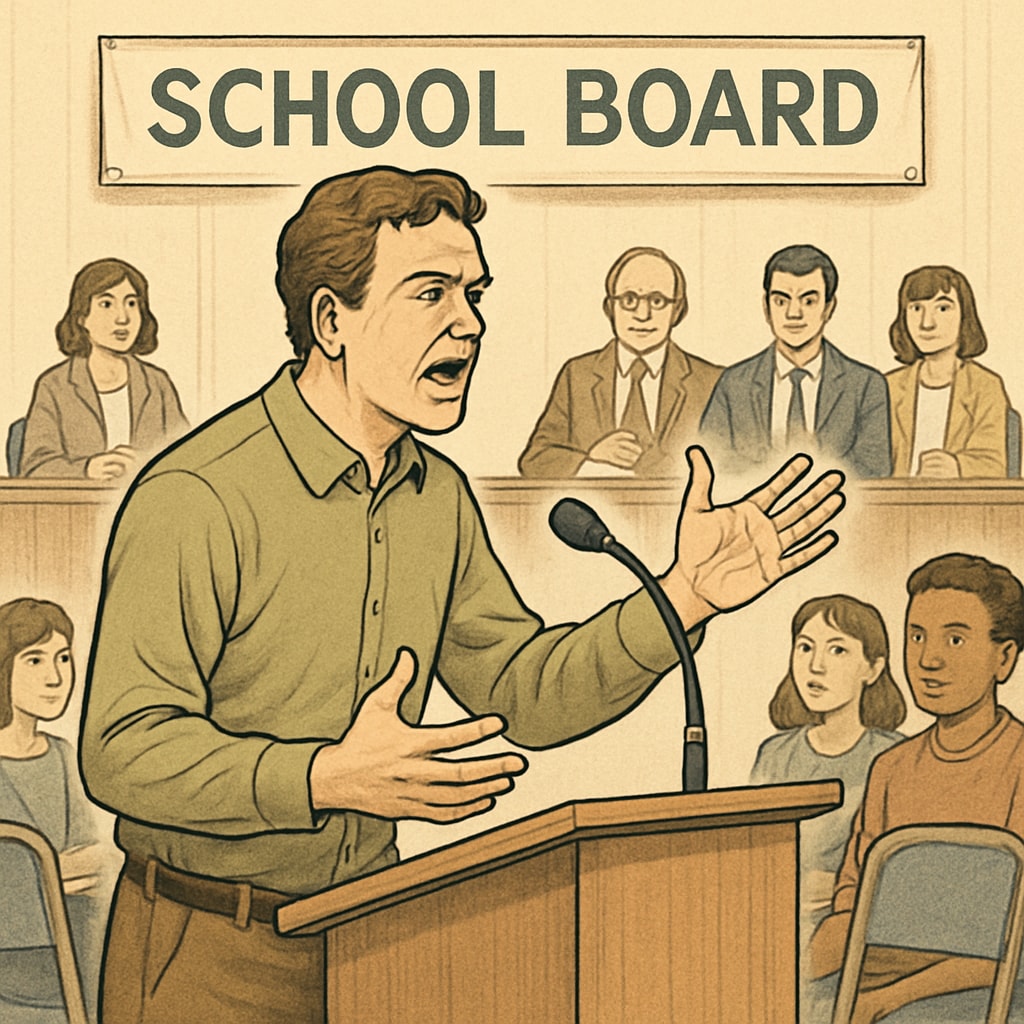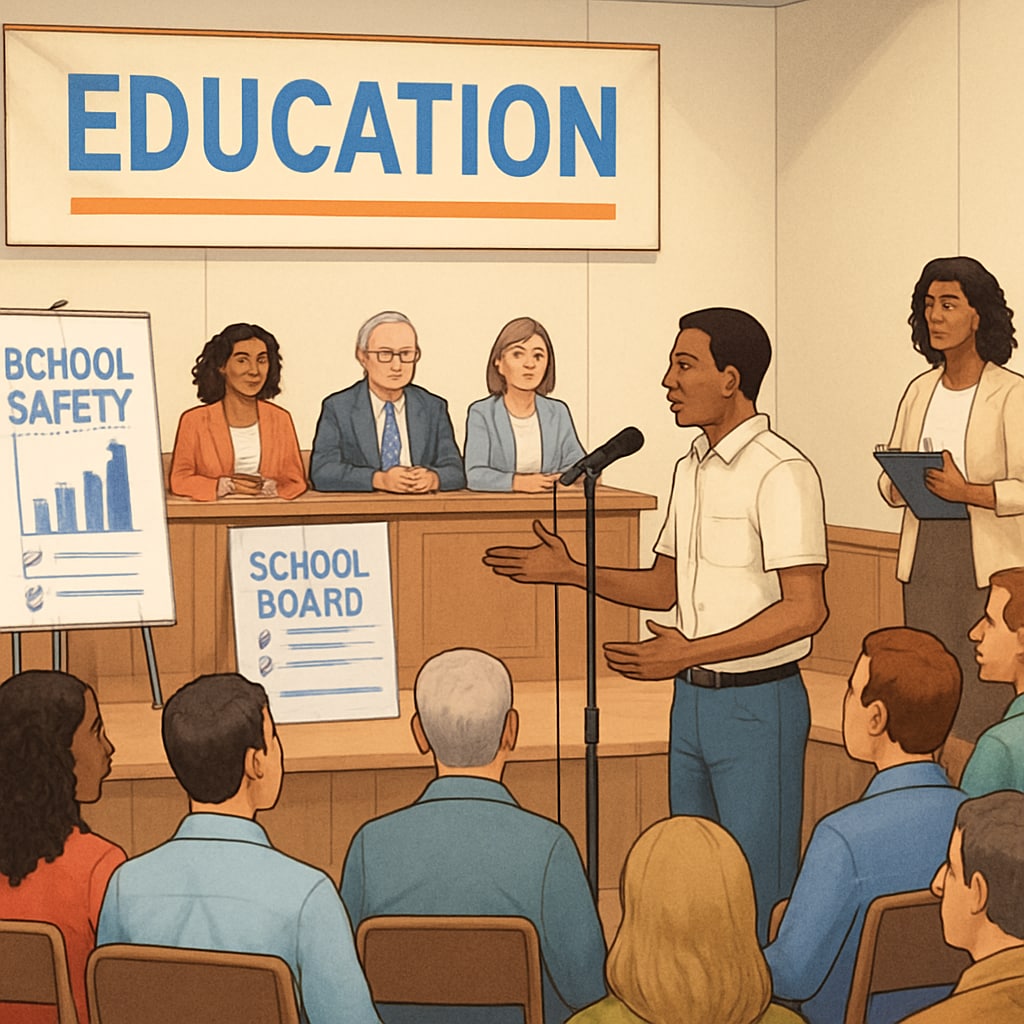When the safety of children is at stake, the integrity of educational leadership becomes paramount. Concerns about school board members with a history of child abuse have ignited debates within communities across the nation. This alarming issue poses significant questions about the impact of such individuals on the educational environment and the steps parents, educators, and community members can take to ensure children’s safety and rights are not compromised.
Understanding the Risks of Unfit School Board Members
School board members play a critical role in shaping the policies and culture of educational institutions. Their decisions affect funding, hiring, and the overall direction of schools. However, when an individual with a history of child abuse assumes such a position, the implications can be profoundly detrimental. Beyond the obvious ethical concerns, the presence of such individuals can erode trust, create unsafe environments, and undermine the community’s confidence in its educational system.
According to Britannica’s overview on child abuse, abuse survivors often experience long-term psychological impacts, which can ripple through their personal and community relationships. Allowing someone with a history of such behavior to hold a decision-making position in schools risks perpetuating harm and sends a troubling message about accountability and safety standards.

Community Actions to Address Concerns
If a school board member’s background raises concerns, communities must act swiftly and decisively. Here are key strategies to address the situation:
- Verify and Investigate: Parents and community members should research the individual’s background using public records and credible sources. Transparency is crucial in uncovering facts.
- Engage with Local Media: Bringing attention to the issue through local news outlets can amplify community voices and pressure the school board to address concerns.
- Organize Town Hall Meetings: Hosting public forums allows the community to discuss the matter openly and develop collective strategies.
- Petitions and Advocacy: A formal petition demanding the resignation or removal of the individual can demonstrate widespread concern and reinforce community unity.
- Legal and Regulatory Measures: Consult legal professionals to explore whether the individual’s history violates any laws or regulations tied to their position.
Communities must also collaborate with organizations dedicated to child safety, such as Child Welfare Information Gateway, which provides resources for safeguarding children and understanding abuse prevention strategies.

Preventive Measures for Future Board Elections
To prevent similar situations from arising, communities should focus on implementing preventive measures during the school board election process. This includes:
- Thorough Background Checks: Ensure all candidates undergo rigorous vetting to identify any previous criminal or unethical behavior.
- Community Involvement: Encourage active participation in elections and educate voters about the importance of scrutinizing candidates’ backgrounds.
- Policy Updates: Advocate for state or district-level policies that disqualify individuals with a history of child abuse from serving on school boards.
By adopting these practices, communities can proactively safeguard their schools from unfit leadership and ensure that children’s welfare remains the top priority.
Conclusion: Building a Safer Educational Environment
The presence of school board members with a history of child abuse is a serious concern that demands immediate action. By combining research, advocacy, and preventive measures, communities can protect children and uphold the integrity of their educational institutions. It is the collective responsibility of parents, educators, and citizens to ensure that school boards are led by individuals who prioritize safety, transparency, and the well-being of future generations.
Readability guidance: Use concise paragraphs and clear lists to summarize actionable steps. Ensure smooth transitions with words like “however,” “in addition,” and “as a result.” Maintain an active voice for clarity and engagement.


